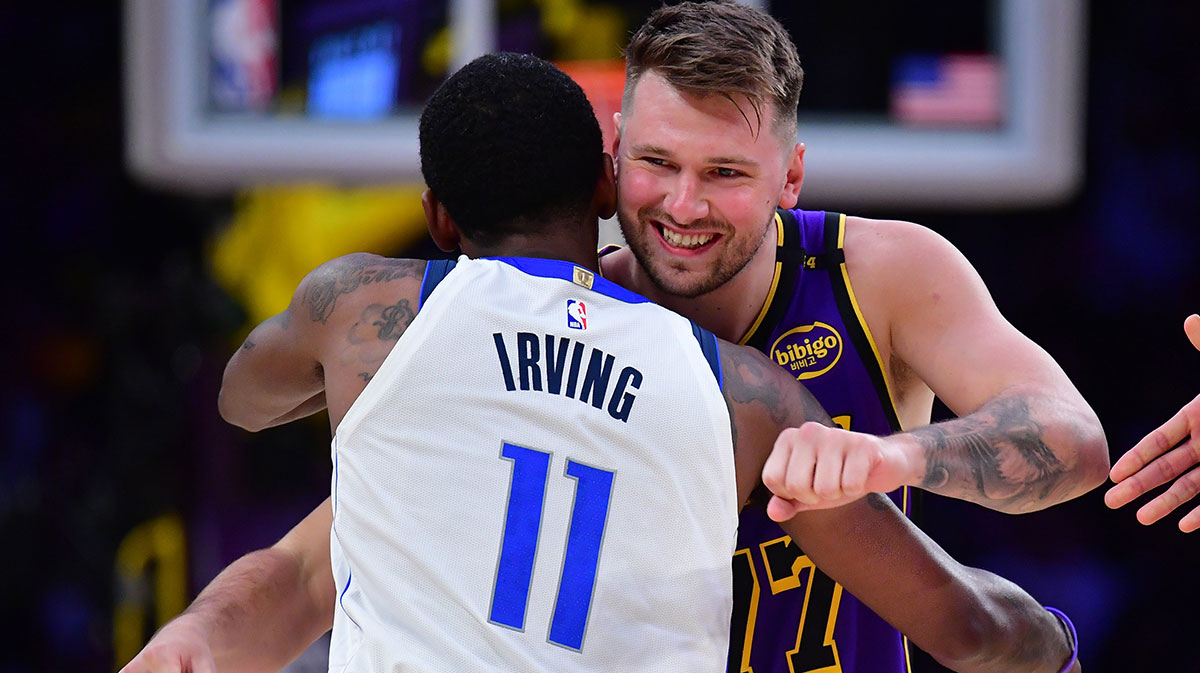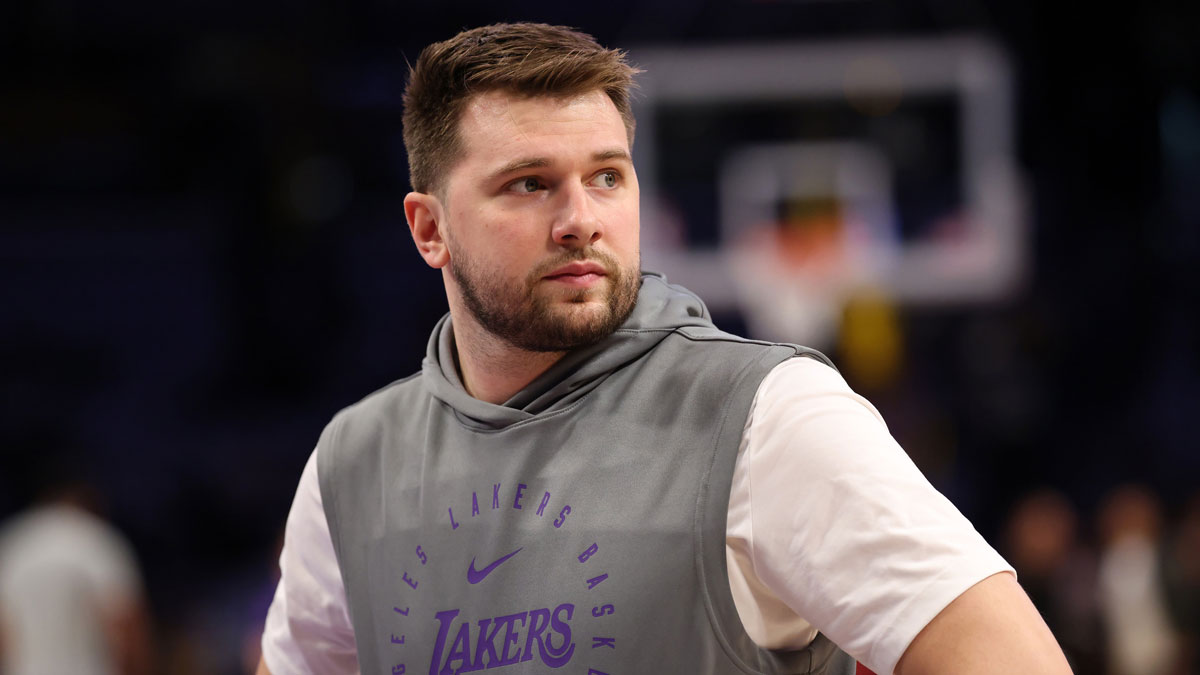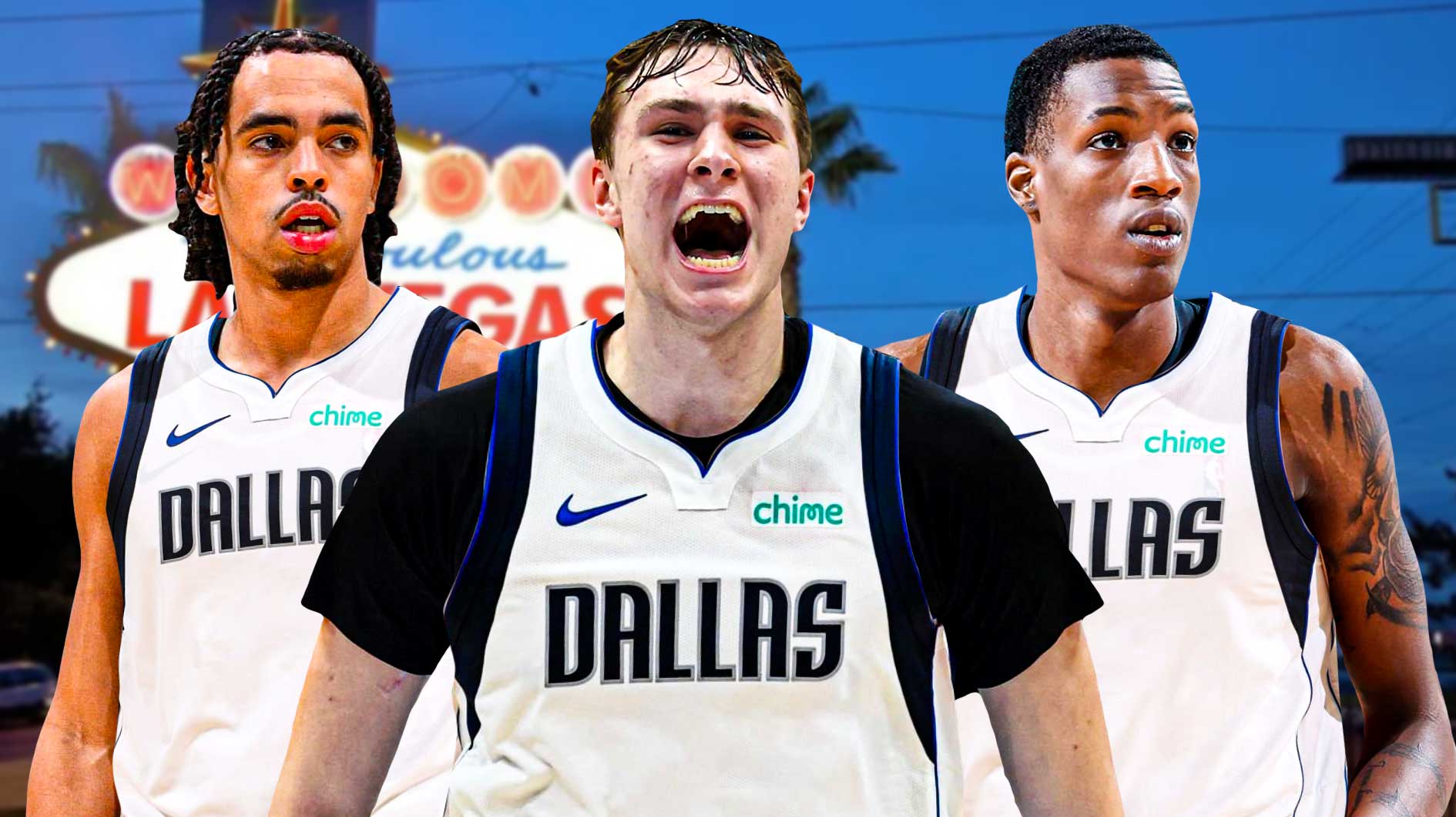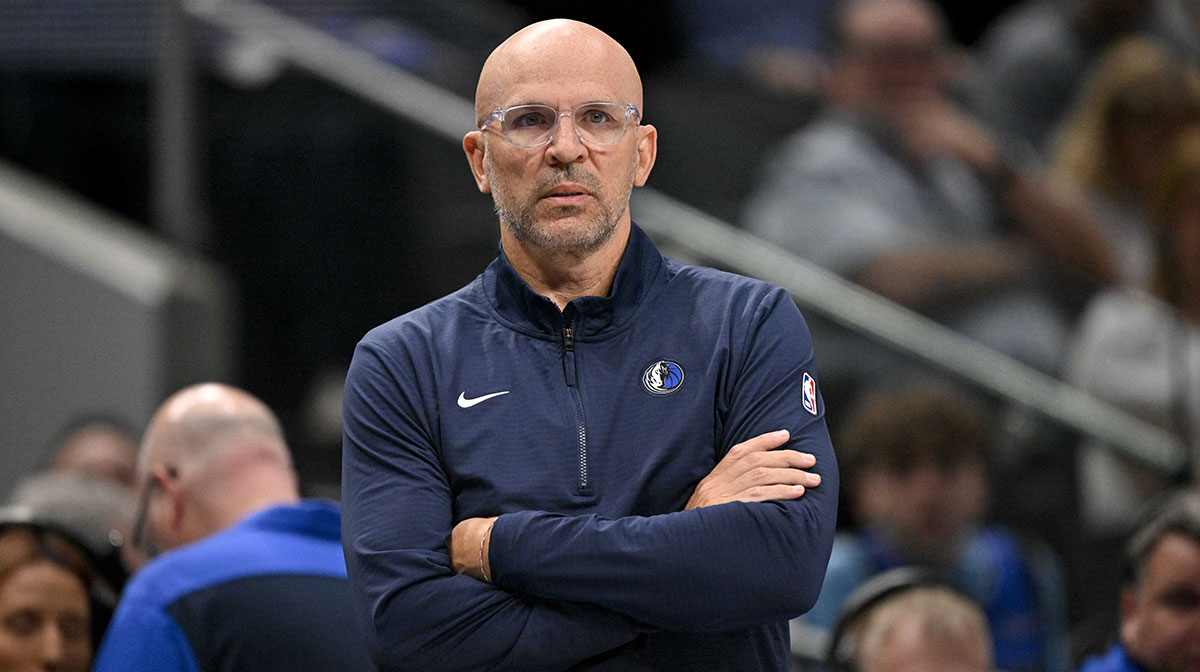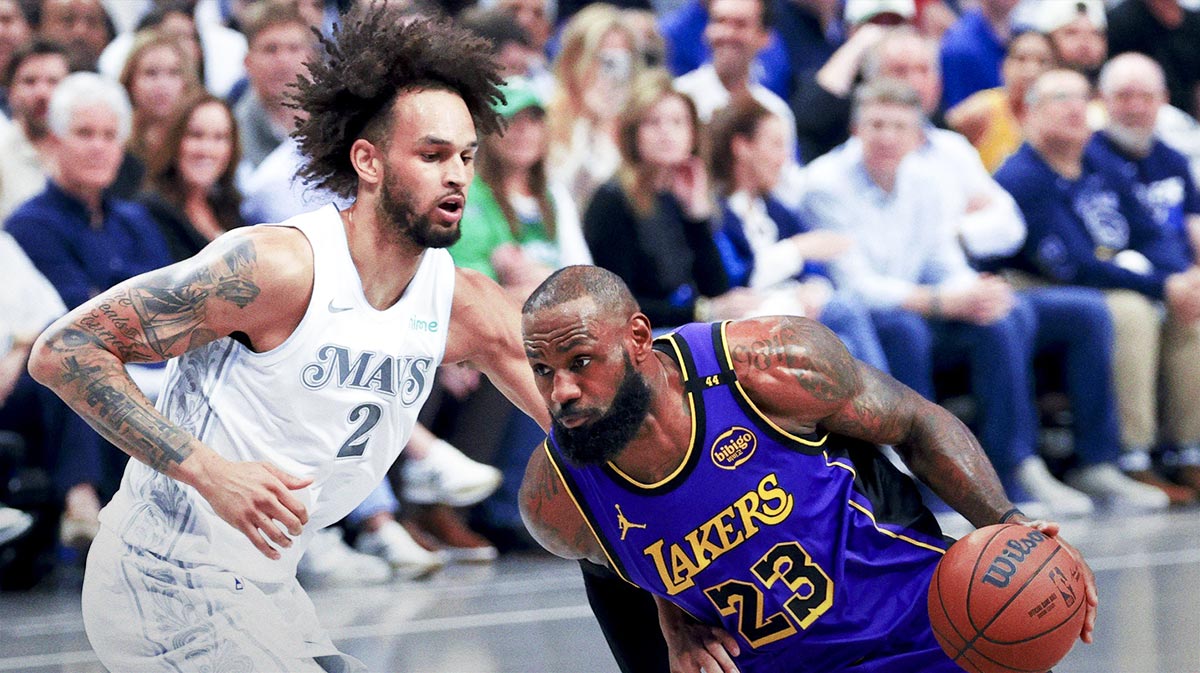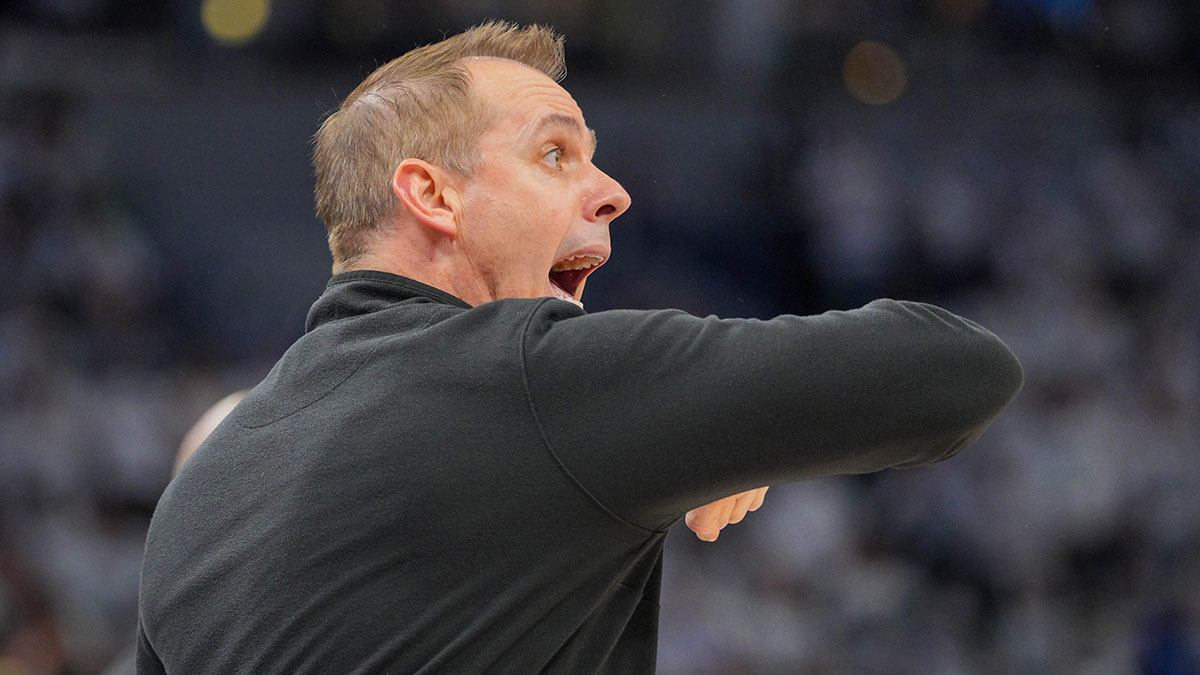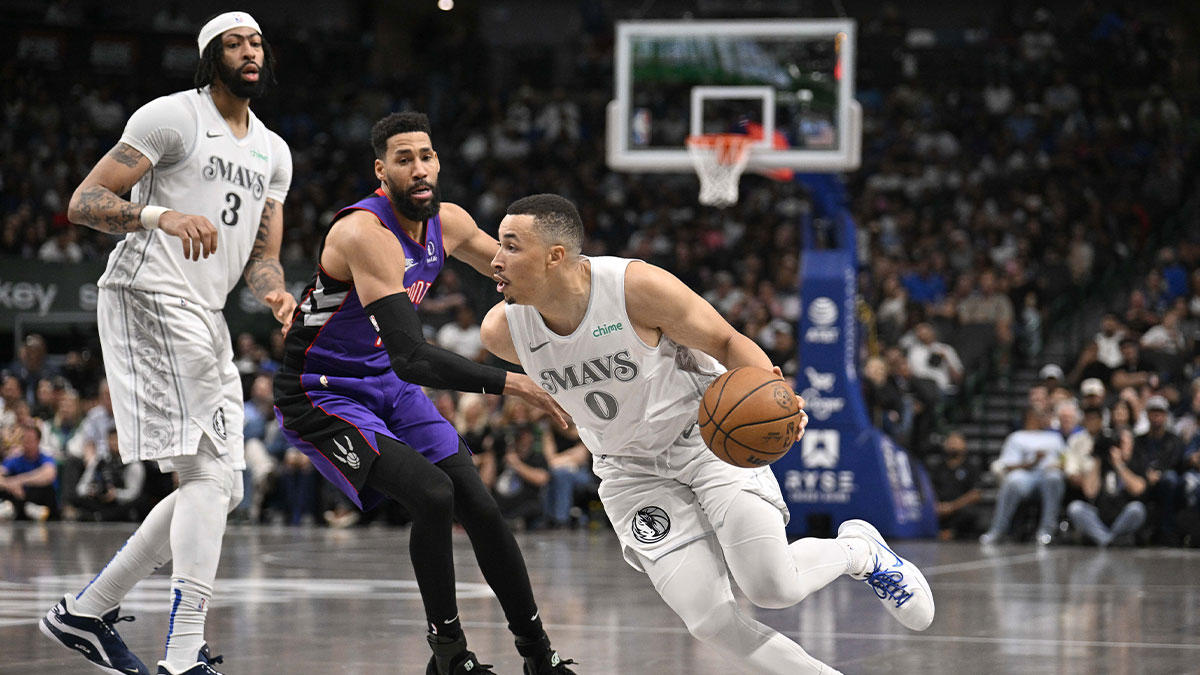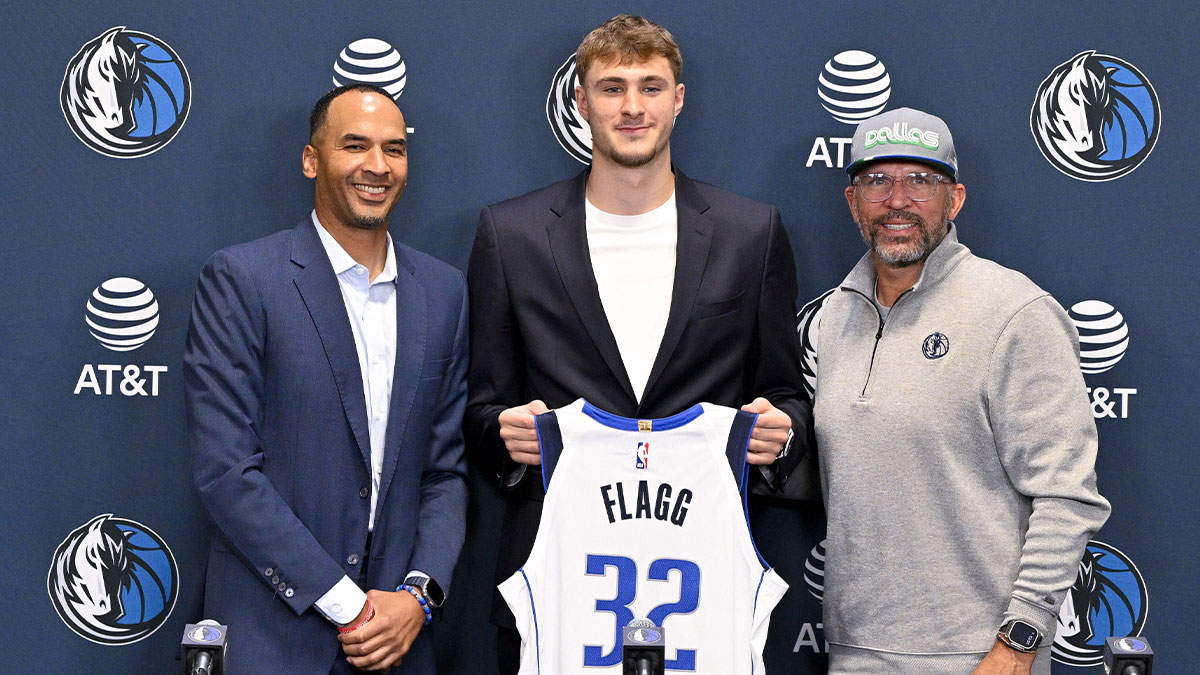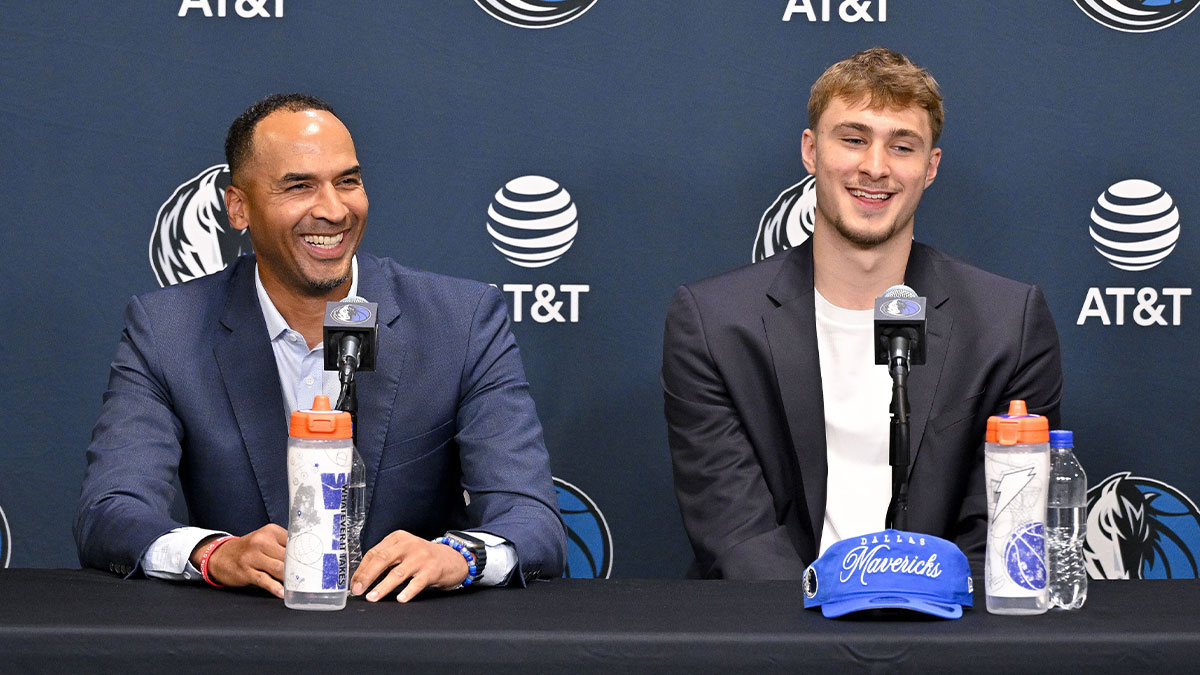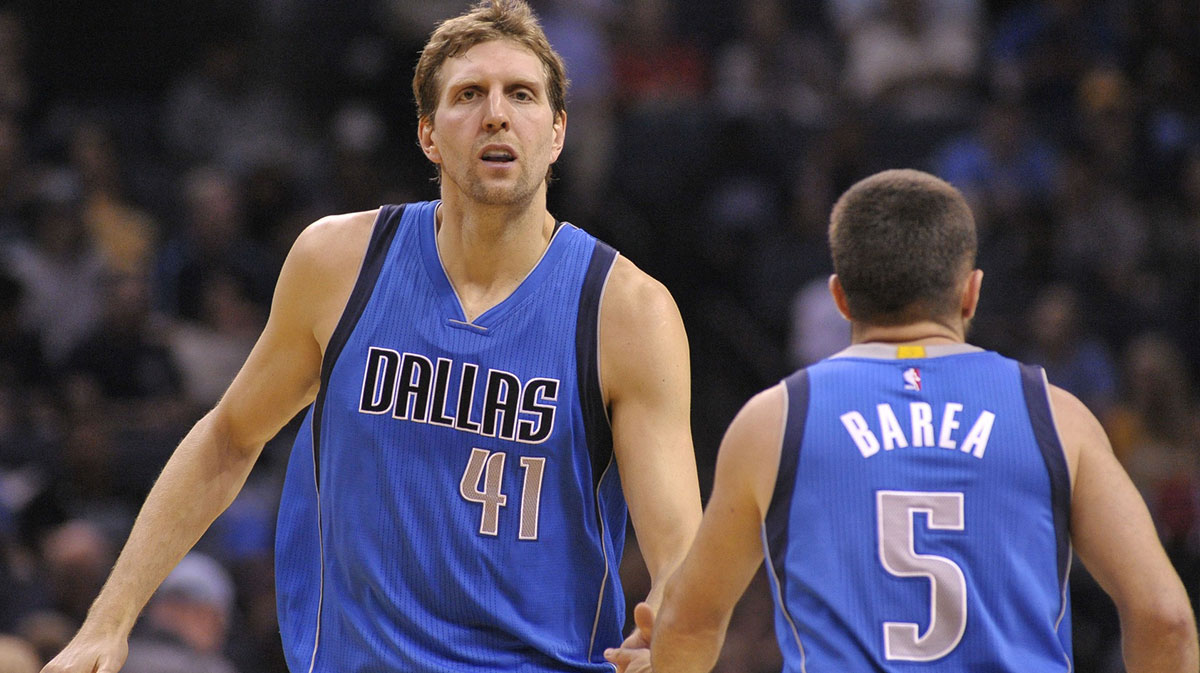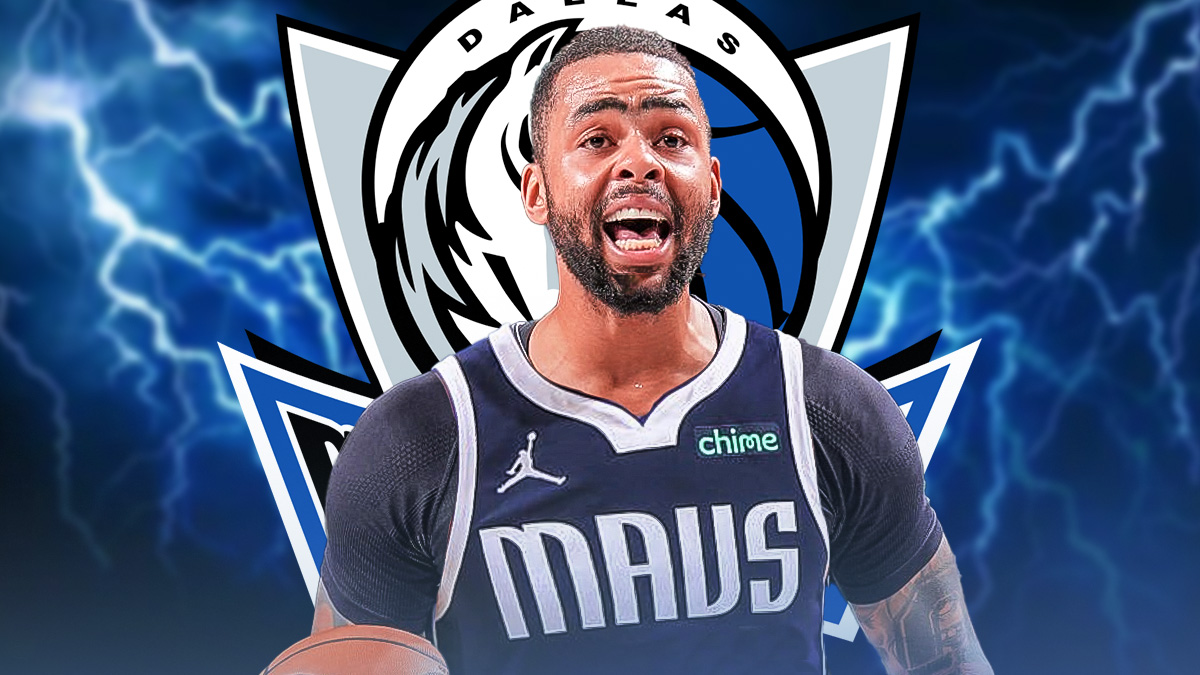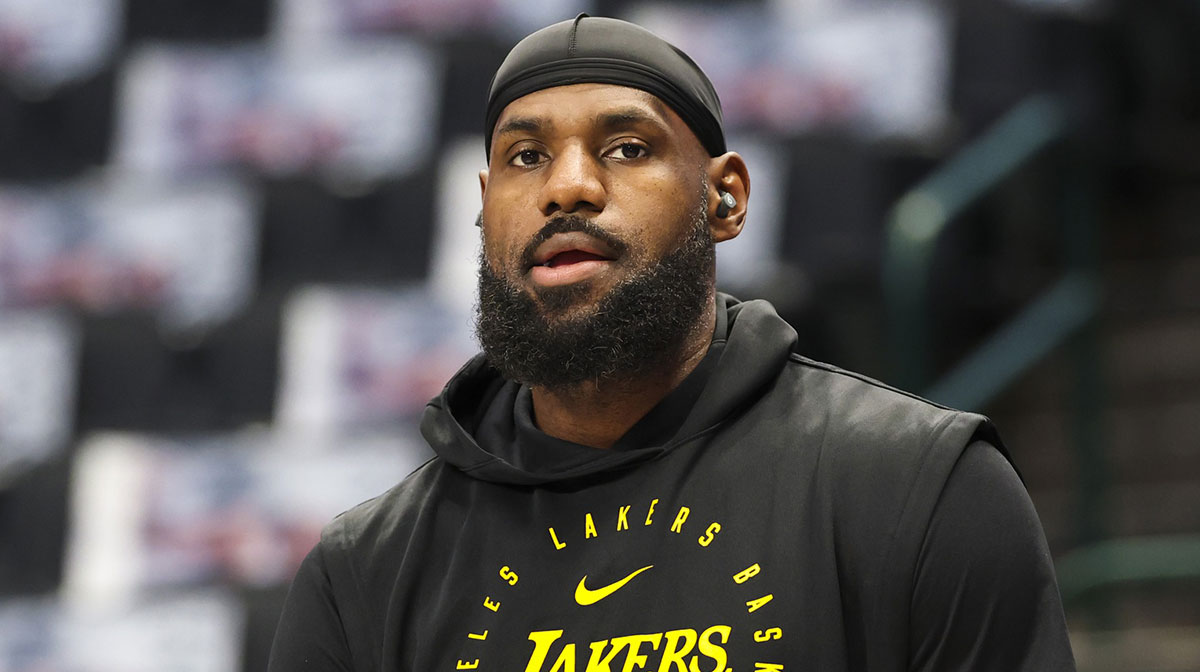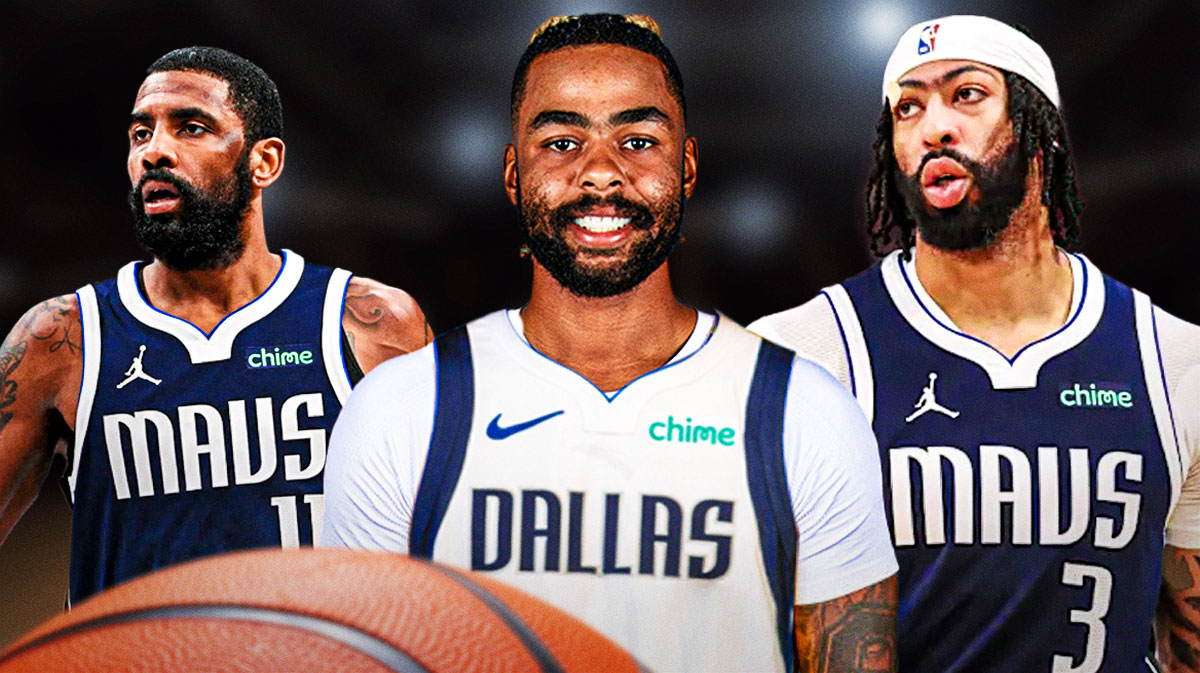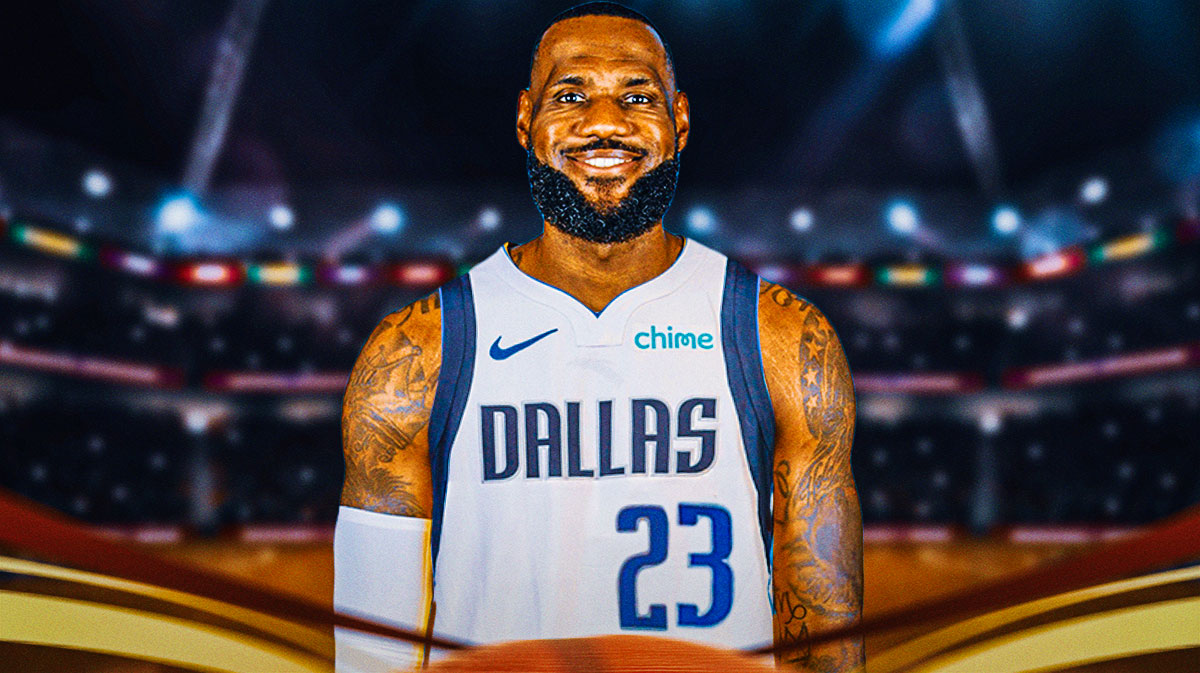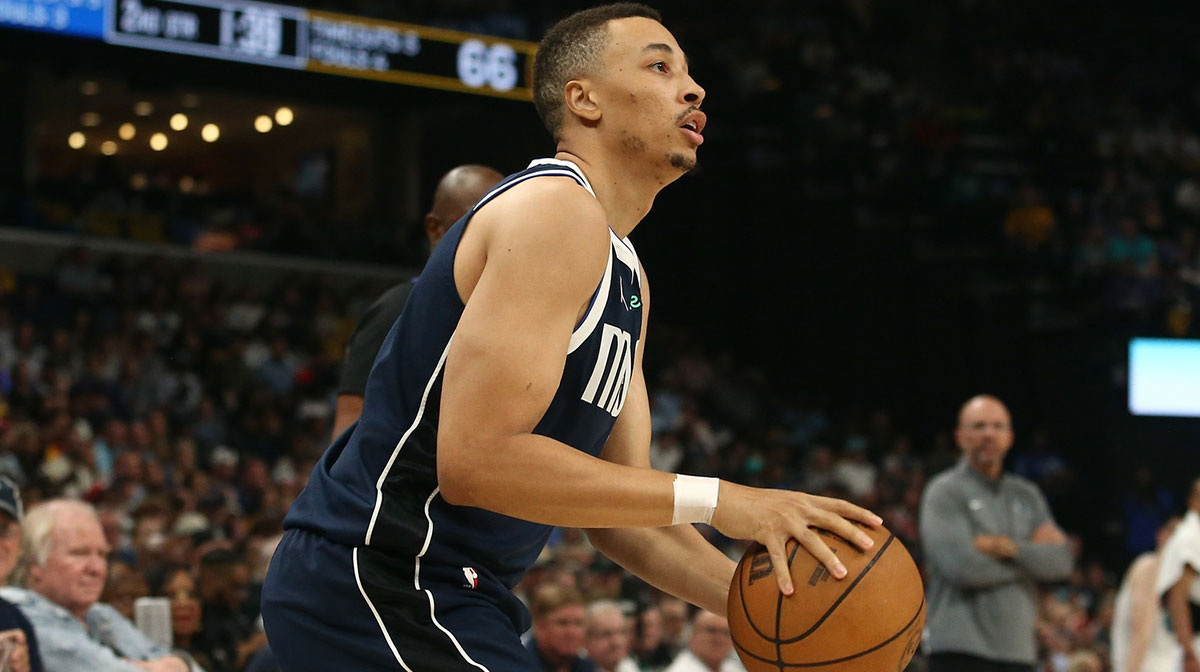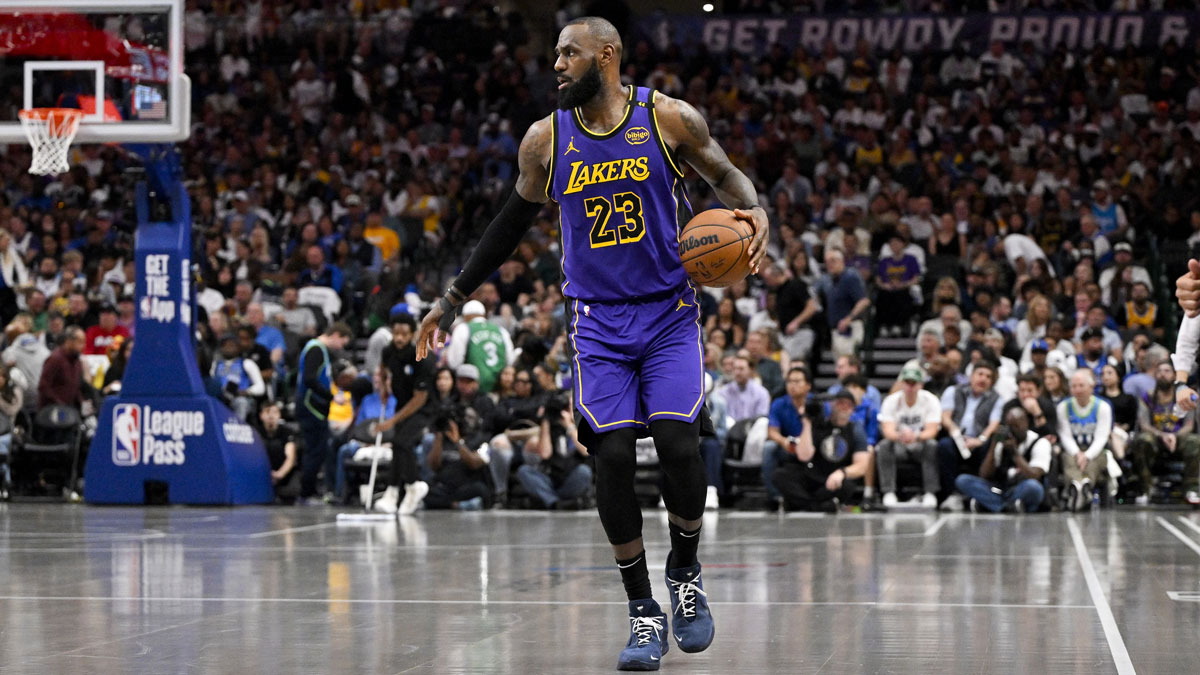While the recently revoked credentials of Dallas-based ESPN journalists Marc Stein and Tim MacMahon imposed by Dallas Mavericks owner Mark Cuban has mostly flown under the radar throughout the media, the issue is much more pressing than it looks to the naked eye.
So let's review the timeline of events and how exactly things went down:
Nov. 7 — The ban was extended to all ESPN web reporters merely hours after the two longtime ESPN journalists were informed of the decision. The Professional Basketball Writers Association released a statement asking for the two journalists to get their credentials back, imploring the NBA and ESPN to step in and resolve matters with the Mavericks organization.
Nov. 8 — Mark Cuban finally speaks and claims his purpose was to prevent further automated recaps during his and other teams' home games, expressing that the fans wanted more than that source of information. Stein and MacMahon release joint statement assuring readers that their job description isn't changing because of this blackout and expressing their disbelief with Cuban's actions.
Nov. 12 — ESPN and Cuban release separate statements, claiming a mutual agreement that in reality doesn't change a thing for either party. ESPN makes a small concession to include a link to Mavs.com at the bottom of game recaps to give readers further source of information.
What does this mean for media coverage?
Blacking out credentials for ESPN reporters implies that a press pass is completely futile at the American Airlines Center — meaning Stein, MacMahon or any other ESPN reporter is not allowed to come into the arena for journalistic purposes.
That renders ESPN employers unable to provide any in-game coverage, but still able to call, text, email and reach players, coaching staff and front office members through other mediums.
Why did Mark Cuban revoke their credentials?
Cuban's statement mentions his concern for the company “Automated Insights” which is an algorithm-based technology that will write game summaries based on a collection of compiled statistics. AI, for short, will have a game summary ready just seconds after the last whistle, and the article will then grow more robust as quotes are added to it.
The Associated Press, as they've done for several decades, keeps at least one reporter covering each game of the NBA season (preseason, regular season and postseason). Given the AP's longtime partnership with ESPN, the network behemoth is able to have summaries online ready to go, even if one of their direct employees isn't there to cover the game.
Long story short, Cuban is unhappy with ESPN not having one of their reporters at every one of the Mavs' 41 home games as they have in previous seasons and masking it under a “concern” for an AI takeover of team coverage around the league, rather than good old human work.
Why is ESPN not covering all the Mavericks' home games?
At the start of the basketball season ESPN assigns beat writers to all 30 NBA teams, some teams — such as the Golden State Warriors and Cleveland Cavaliers will have primary and secondary beat writers, while less popular teams will likely share a beat writer that will travel within cities based on the NBA schedule, covering a different 3-5 games per week.
“ESPN.com changes its coverage plans each season depending on what teams matter to our national audience,” Rachel Nichols, host of The Jump, said on Monday’s show with a wry smile. “We don’t have the resources to cover all 82 games of all 30 teams, and frankly, most of the country wouldn’t be that interested even if we did.”
https://www.youtube.com/watch?v=OvaZgCTAEeg
During the past decade, the Mavericks have been a relevant team and Mark Cuban has become accustomed to his team getting dedicated coverage all season long, especially during the now-defunct period of ESPN Dallas — a locally-based ESPN news site that's slowly lost funding.
The Mavericks (2-6) started the season 0-5, grabbing two consecutive victories against the Milwaukee Bucks and the Los Angeles Lakers, before being dispatched in a 21-point rout against the Warriors. The team isn't generating interest at the national level, so instead of having a reporter there for every game, the network will send one every other game or during important conference matchups, according to national acclaim.
Stein is a former sportswriter for The Dallas Morning News and has been covering the team since 1997. His younger counterpart, MacMahon, joined ESPN in 2009 and has been the primary beat writer for the team for the past few seasons.
Didn't ESPN/Mark Cuban resolve their differences with their latest statement?
No.
While the statement seems like there's been a resolution, both parties are basically standing firm where they were before. ESPN has given Cuban a link at the bottom of their AP stories just to appease him, but he's yet to send out a formal apology to the journalists or network and has not reinstated any credentials.
How does the rest of the media feel about Mark Cuban's actions?
ESPN journalist Ramona Shelburne was one of the first to openly react to Cuban's actions with a long list of tweets, and later going on ESPN Radio to voice her concern, since the network preferred to keep matters off television until they could speak to Cuban.
I've been thinking all morning about the Mavericks revoking the credentials for @ESPNSteinLine and @espn_macmahon
— Ramona Shelburne (@ramonashelburne) November 7, 2016
“There is a social contract in addition to a real collectively bargained contract that protects journalists from this sort of treatment,” Shelburne wrote on Twitter. “The players, owners and league all have an agreement that not only does objective coverage of the NBA matter to their business. The key word here is objective, not coverage. Anyone can create their own coverage in this era of social media.
“In a way, the Mavericks actions demonstrate that they believe that wholeheartedly in that they are asking for MORE coverage,” she added. “The problem is the precedent this sets. Bullying individuals by revoking credentials is a massively slippery slope. If this is allowed to stand, what's to stop teams from revoking credentials of people who write things they simply don't like? Or revoking credentials of journalists who try to investigate them? Or break news?”
This is more about asking for MORE coverage, which is admirable. Except that it's coming in the form of bullying rather than a negotiation
— Ramona Shelburne (@ramonashelburne) November 7, 2016
Only hours after the news came through, local sportswriter Tim Cowlishaw did not hesitate to call Cuban out for his actions. His sharp tongue and sarcastic tone are direct results of how frowned upon revoking credentials can be in the news business.
Yes, this is true. Yes, this is Cuban being a moron. Nothing new in itself, only new level for him. Funny he bashes Trump for this behavior. https://t.co/1JXj3zVyrr
— Tim Cowlishaw (@TimCowlishaw) November 7, 2016
ESPN had the audacity to stop treating this like a 50-win team. Not staffing every home game. Which is nothing new actually. https://t.co/hoVEFzfMb7
— Tim Cowlishaw (@TimCowlishaw) November 7, 2016
Sadly my business acumen isn't really the story tonight Mark. But I understand you wanting to shift gears. https://t.co/Mr0trvfHAE
— Tim Cowlishaw (@TimCowlishaw) November 7, 2016
So ESPN needs to hire 30 full-time NBA beat writers because Cuban doesn't like wire stories or newspapers. Yes, I think this should work! https://t.co/g7byPpDjHn
— Tim Cowlishaw (@TimCowlishaw) November 8, 2016
Even Bleacher Report NBA writer Howard Beck chimed in after the latest statements were released so that both parties (especially Cuban) could save face.
It would appear that Mavs' pointless and profoundly misguided ban of ESPN reporters has been lifted. Though their statement fails to say so. pic.twitter.com/kuYjy6S5b2
— Howard Beck (@HowardBeck) November 12, 2016
The Bottom Line
Mark Cuban is shooting himself in the foot by revoking credentials. To take away somebody's livelihood because the owner is not happy with how little attention his team is getting is virtually PR suicide.
The organization and the press hold a symbiotic relationship where they both need each other to eke out a living — journalists can't survive without news to cover and teams aren't relevant if there's isn't someone to write about them.
As Shelburne said in prior quote, the Mavericks are asking for more coverage. While ESPN has a shortlist of teams they definitely want to cover during the entire season, based on national interest, popularity, storylines, etc — those things can change and often do throughout the season. Namely teams like the Atlanta Hawks and Charlotte Hornets that have gotten off to a great start to the season are garnering more attention from all media.
Winning games can easily solve this problem. Unfortunately if there is one that won't, it's to revoke the credentials of respected journalists who are only complying with their assignments.
To bully them and a network into getting your way is stooping to the lowest of lows, Mr. Cuban.


